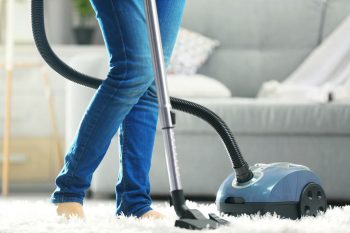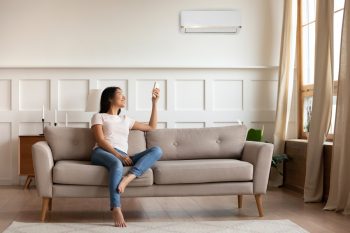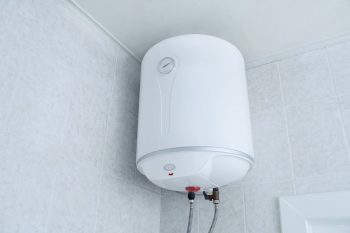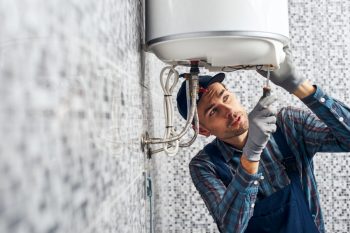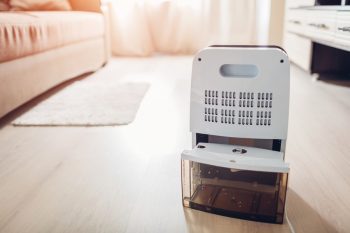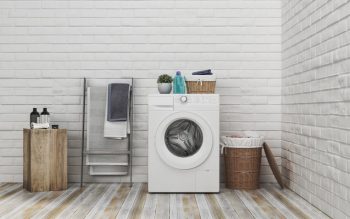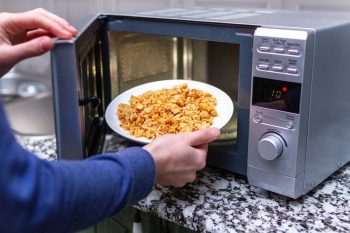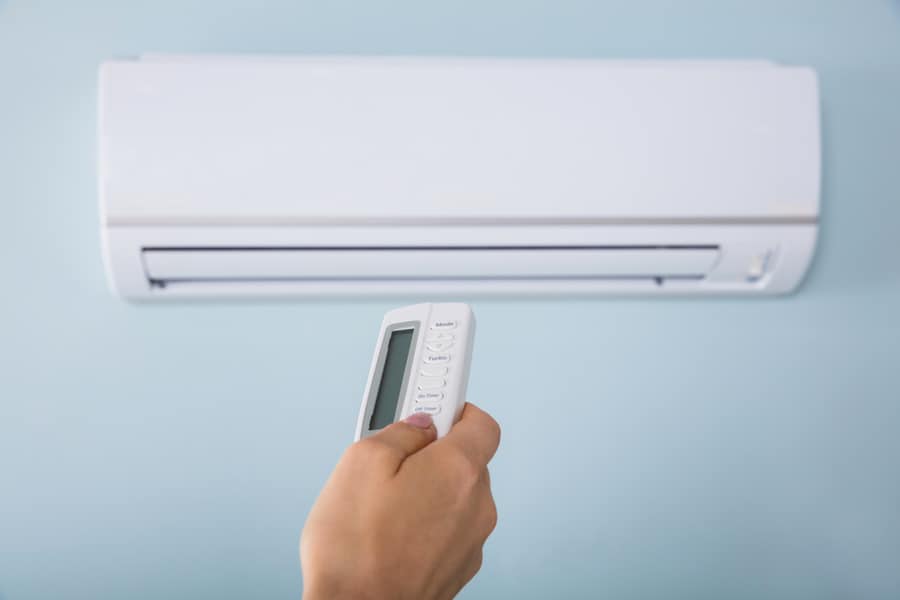
Does your air conditioner keep tripping the circuit breaker? AC units are essential to keep the house cool and improve air quality.
However, if turning on the unit keeps tripping the circuit breaker, it might indicate that the aircon needs to be looked at by an HVAC professional.
This post will examine why your air conditioner keeps tripping the circuit breaker and how to fix the issue.
The main reasons for your AC tripping circuit breakers are defective compressor capacitors, wire connections, and fan motors.
Additionally, dirty condenser coils, frozen evaporator coils, and low refrigerant levels can cause the breaker to trip.
This article will also examine what a circuit breaker is and how it helps improve your air conditioner’s efficiency.
What Is a Circuit Breaker?
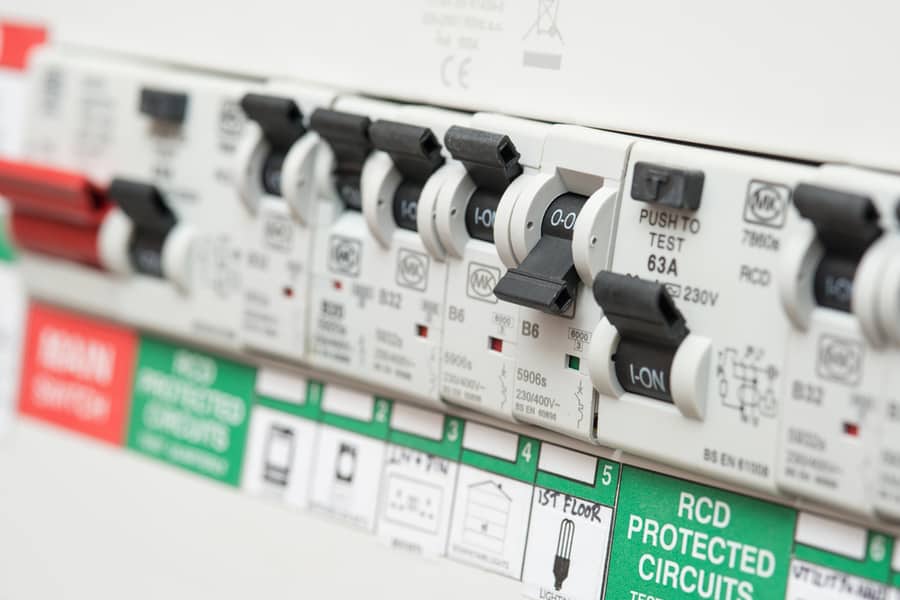
A circuit breaker is an electrical device used to protect circuits from overcurrent.
The breaker has a switch that flips or trips to interrupt current flow when an electrical issue, like overloading, arc faults, or short circuits, is detected in a circuit.
Without a circuit breaker, there is a high chance that a current overload might result in an electrical hazard like a fire or electrocution. A breaker that keeps tripping might receive more current than it can handle.
Reasons Your Air Conditioner Is Tripping the Circuit Breaker
As previously stated, if your AC keeps tripping its circuit breaker, it pulls in more electrical power than the breaker’s rating. So, in most cases, it can indicate that the aircon is not working efficiently.
Let us look at some reasons that can cause the issue:
1. Compressor Capacitor Issues
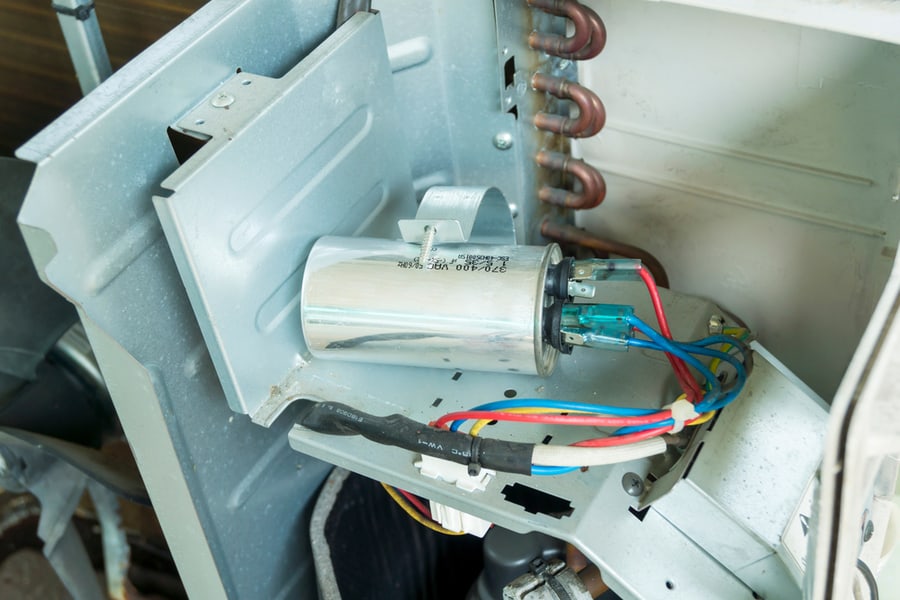
The first issue that might cause your circuit breaker to trip is a capacitor problem. The compressor requires high voltage to start during a running cycle.
That is where the compressor capacitors come in. The capacitors store the electrical charge necessary to start the compressor in a cooling cycle.
However, if you have faulty capacitors that do not store charge or lose stored charge too fast, it can result in your compressor relying on the circuit breaker’s current to start. However, the compressor can demand more power than the breaker can handle, causing it to trip.
Faulty compressor capacitors can also result in a hard start due to the low voltage supply in the circuit. A hard starting compressor can do a lot of damage to your AC and increase energy consumption around the house.
Fixing Faulty Capacitors
If your central AC has an issue with its compressor capacitors, your best option is to replace them. However, this is a delicate procedure, and we recommend leaving it to an HVAC professional.
When replacing a capacitor, you must find the correct amp rating design for your AC model.
Getting an original equipment manufacturer (OEM) replacement can help ensure the unit works efficiently and for longer.
2. Faulty Wire Connections
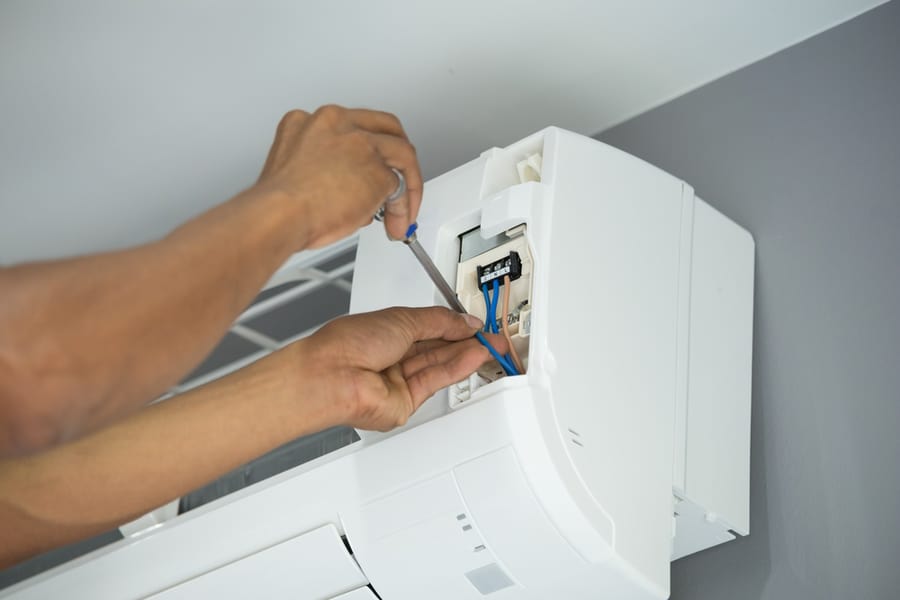
Secondly, faulty wire connections can also cause the circuit breaker to trip when you turn on the AC. Loose or exposed wires along the air conditioner circuit can cause an arc fault that forces the breaker to open the circuit.
Faulty wires are a huge fire hazard around the house, causing current leaks and sparking, leading to electrocution or fires.
If you have faulty wiring around the house, you might also notice sparking or sizzling noises when the current jumps to complete a circuit.
How To Fix Faulty Wiring
Though you might be tempted to repair faulty wiring, we recommend calling a qualified technician to investigate the problem. They have the proper tools to check for electrical leaks and identify which circuits might have a voltage issue.
3. Dirty Condenser Coil
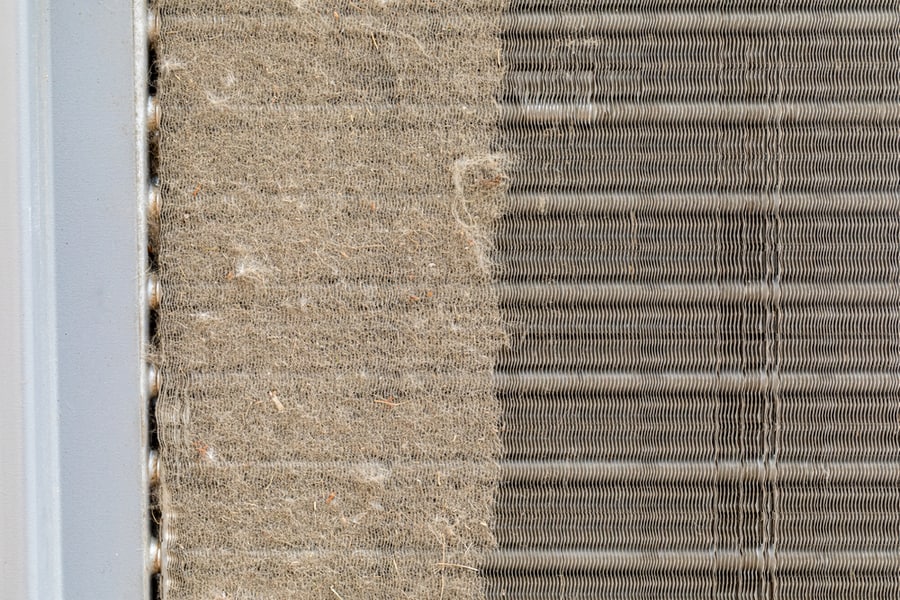
Likewise, dirty condenser coils can cause your circuit breaker to trip. This is because the condenser removes heat from the refrigerant as it circulates throughout the system.
Dirt, dust, leaves, and twigs can clog the condenser fins and interrupt air circulation. Heat cannot be carried away if cool air does not reach the fins, leading to overheating.
The air conditioner must work harder to cool the room and maintain the thermostat temperature. In the process, the climate control unit will require more cooling cycles, causing more energy consumption.
If the unit needs too much power, it might result in the circuit breaker tripping.
Cleaning Dirty Condenser Coils
If your outdoor unit is dirty, it is best to have it cleaned. You can use a leaf blower or vacuum cleaner to remove the dirt from the condenser fins. Likewise, you can also spray the condenser with water to dislodge stuck particles.
You can put a mesh cage or a vented air cover around the condenser to prevent leaves and branches from sticking to the unit.
4. Frozen Evaporator Coils
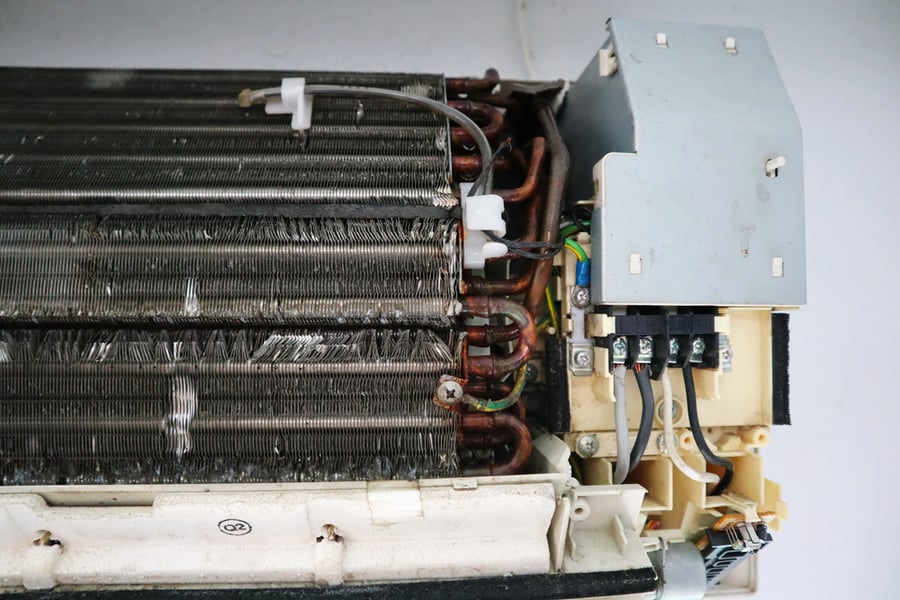
Frozen evaporator coils can also be the culprit for your tripping circuit breakers. The evaporator is the other heat transfer surface on your aircon. In addition, it also couples as the dehumidifying part of the device.
As the refrigerant circulates along the evaporator coils, it comes into contact with the room air, where heat and excess moisture is removed.
When the moisture is removed, it forms water droplets that are drained into a condensate pan. The water is then expelled out of the unit through the drain pipe.
However, water droplets can freeze on the evaporator coils if the evaporator has a heat transfer issue. Frozen coils do not adequately cool down the air around the room, leading to the appliance overworking.
In the process, the unit might require more electrical power, leading to the circuit breaker tripping.
Fixing Frozen Evaporator Coils
The first thing you need to do is defrost the coils. You should leave the air conditioner on Fan Mode or turn it off to let the ice clear out.
In most cases, frozen evaporator coils are caused by poor air circulation to the indoor unit, caused by clogged or blocked air filters and vents around the house. Cleaning or removing any item blocking airflow should fix the frozen coils.
If your coils still start freezing after cleaning and clearing any air blockage, you should have an AC technician look at your unit.
5. Faulty Fan Motor
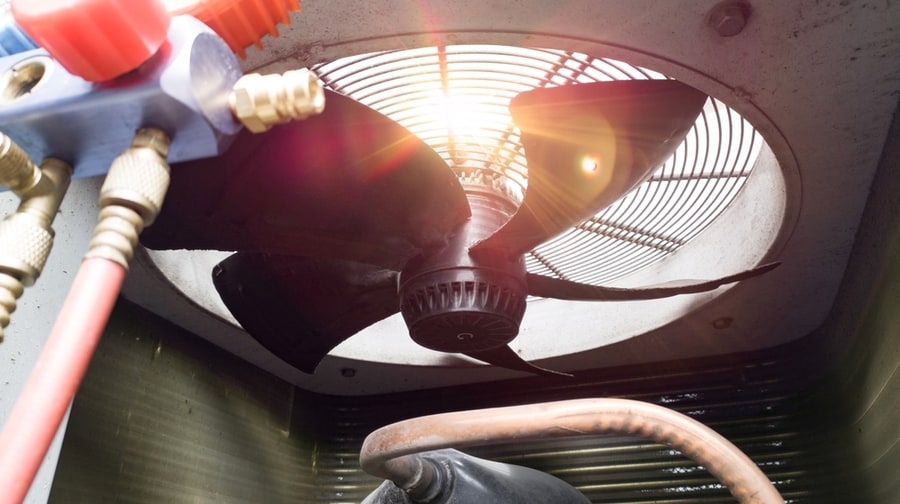
Furthermore, a faulty fan motor can also cause the breaker to trip.
An air conditioner has two fans, the evaporator fan and the condenser fan, run by individual motors. The fans enhance airflow around the heat transfer surfaces, ensuring efficient airflow to the unit.
However, if the evaporator motor gets damaged, its operating fan cannot blow air into the evaporator coils for cooling.
Likewise, a damaged condenser motor cannot efficiently rotate its fan, causing it to overheat. A damaged fan motor would require the air conditioner to increase its cycles to cool rooms in both cases.
Repairing a Fan Motor
We recommend getting a qualified technician to repair any damaged fan motor. It requires opening either the indoor or outdoor unit to identify the issue.
Without the proper tools and knowledge, you might wreak havoc on the air conditioner, leading to expensive repairs.
6. Low Refrigerant Level
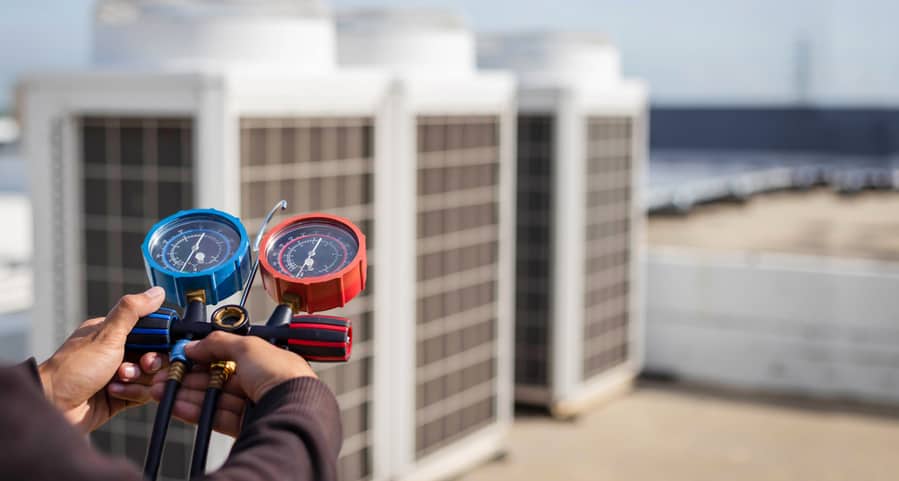
Lastly, your recurring circuit breaker trips can also be caused by low refrigerant levels. The refrigerant is a fluid responsible for heat transfer within the air conditioner.
However, a leak can cause the unit to have low refrigerant levels, affecting the heat transfer process. As a result, the air conditioner must overwork to cool the room temperature to the desired setting.
This can result in a demand for high power consumption, leading to the breaker tripping.
Refilling Low Refrigerant
Calling a professional is your safest bet if your AC is low on refrigerant.
They can help identify any leaks in the coolant pipes and seal them before they cause more damage to the climate control device.
Conclusion
If your aircon keeps tripping the circuit breaker, you might have a problem with faulty compressor capacitors or wire connections, a dirty condenser, or frozen evaporator coils.
Likewise, a defective fan motor or low refrigerant levels might also be the culprit.
Regular maintenance is a sure way to keep your AC performing efficiently and reduce the cost of repairs. If you have any issues with your unit, you should call an HVAC professional to have a look.
Frequently Asked Questions
What Causes the Clicking Noises in My AC?
Clicking sounds in your AC is normal and should not give your sleepless nights. They are caused by the compressor turning on during a cooling cycle.
However, if you notice the clicking noises more frequently, you should have an HVAC professional look at your unit.
Which AC Unit Should I Get for My Home?
You have to consider several factors before getting an AC unit.
They include:
- The type of air conditioner you need.
- The AC’s capacity.
- Size of the unit.
- Price of the AC.
- Features in the unit.
- Energy efficiency.
- How much noise it makes.
- The reputation of the brand.
- Installation and maintenance cost.

